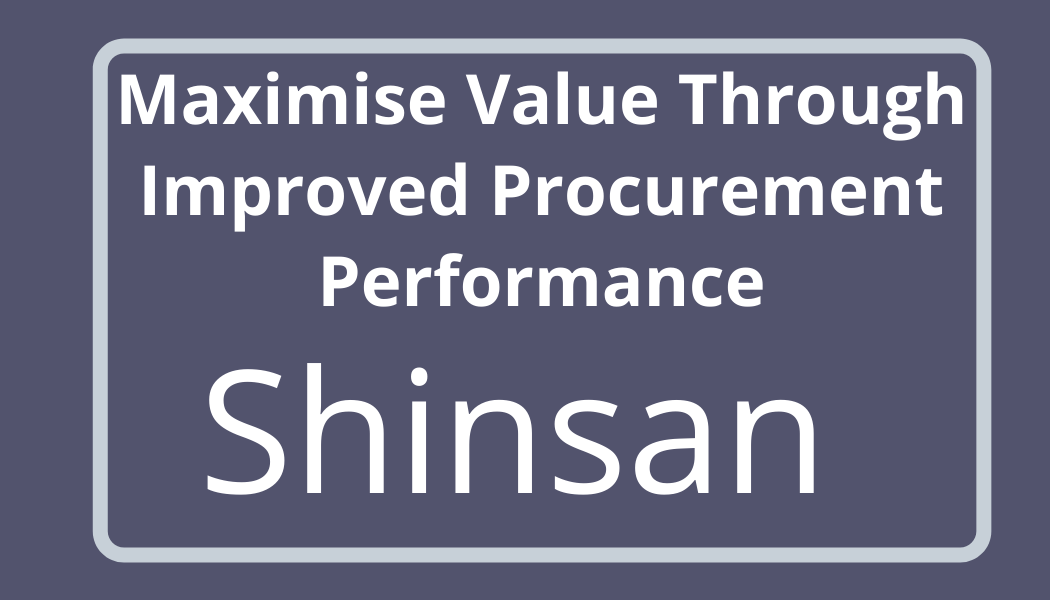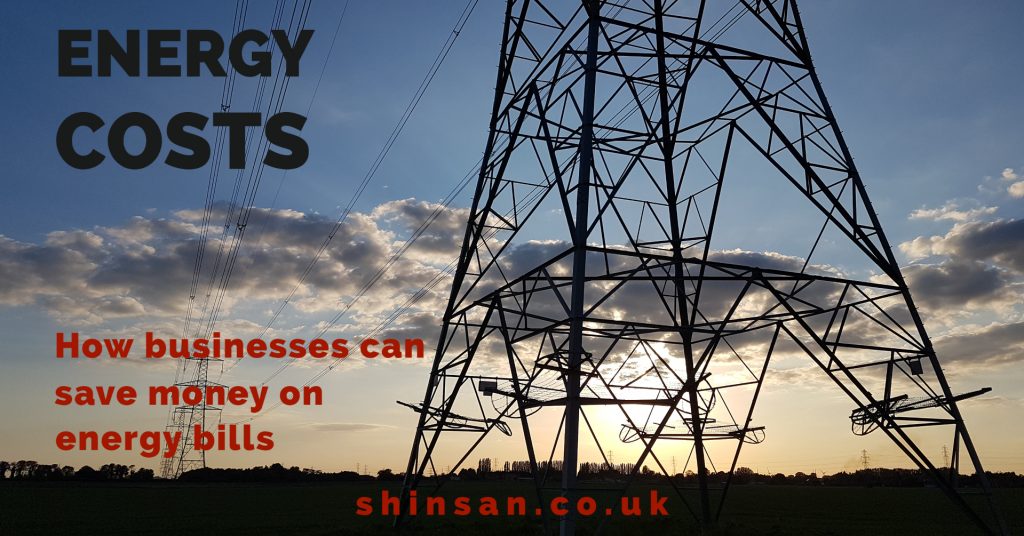When was the last time your business changed energy supplier?
With energy prices at all-time lows, now is the time for business to be looking for more than 20% saving on their energy bills by switching energy supplier. Whilst domestic customers regularly switch their energy supplier, businesses are way behind the curve with 50% of them never changing supplier. Here we look at the process whereby a business energy switch can save money.
Establish your Baseline
Your historic pattern of energy usage, may help guide your future needs, but any changes to your production regime, particularly in the context of COVID-19 market, whether positive or negative, will impact on future demand and needs to be built in to your energy requirements.
Determine your Needs
Your key decision-makers are likely to have complex demands regarding issues including:
- Usage tolerances to cope with peaks and troughs of the production process
- Payment terms and credit requirements
- On-going reporting, monitoring, and contract review breaks
In-house or out-source?
Your yearly energy spend will influence how critical your decision on energy supplier is. For small spends, an OFGEM accredited online comparison site may be sufficient, accessed simply by Googling ‘business energy comparison’.
For heavier energy users committing to substantial spending, an energy advisor is worth considering. Beware, as this is an un-regulated sector, but a skilled advisor should be able to promote competitive pressure to achieve the best price and offer expertise regarding:
- Energy market movements and trends
- Benefits of different types of contracts such as fixed or flexible deals
- Hedging opportunities
- Non-energy costs such as energy distribution
- Impact of Government energy policy going forward
- Energy efficiency
26% of SMEs do not trust energy advisors so care needs to be taken in appointing the right person. Transparency is important, with regard to pricing: fixed fee, commission, or performance based. Some may even offer a ‘free’ service, where the real costs may be well-hidden! Furthermore, check they will confirm direct and indirect payment arrangements with suppliers. The tendering process is aided If the broker has operating arrangements with a wide number of suppliers.
Contract Terms
Switching whilst in a fixed term contract is difficult, but many businesses are automatically rolled over onto expensive deals at the end of their contract. 45% of small businesses were stuck on their energy suppliers’ most expensive default tariff [4].
Now is a good time to explore a business energy switch as uncertainty in the energy market means that suppliers will be keen to mitigate ‘delinquency rates’ amongst business customers.” Contact me here for more details.

